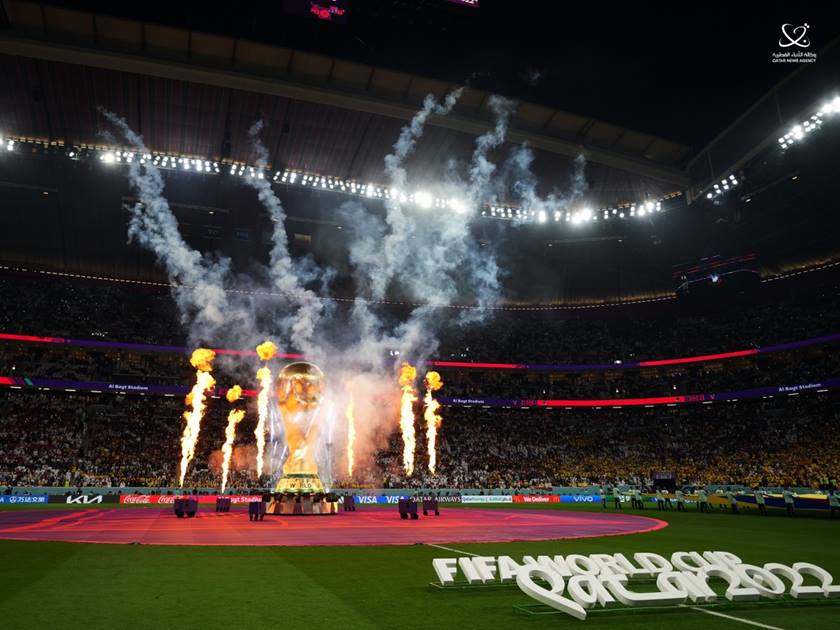Samples from 200 camel workers and 100 camels were tested and came out negative.
No positive MERS-CoV, or “camel flu”, cases were detected during the 2022 FIFA World Cup in Qatar, researchers in the Gulf state revealed in a new study, shared by Doha’s state news agency (QNA) on Sunday.
The rigorous study gathered a research team from the Hamad Medical Corporation (HMC), the Ministry of Public Health, Weill Cornell Medicine Qatar, and Sidra Medicine. The findings were published in the Journal of Travel Medicine.
“In the lead up to Qatar’s successful hosting of the FIFA World Cup Qatar 2022, several unsubstantiated opinion pieces were published in scientific journals raising a false alarm regarding the risk of MERS-CoV transmission during the tournament,” Professor Adeel Butt, Senior Consultant in Infectious Diseases at HMC, said.
According to QNA, the study found that out of the total 17,281 MERC-Cov tests conducted on 14,703 individuals in 2022, with only two positive cases recorded in March and April, months before World Cup spectators arrived.
Out of the total figure, only 2,457 tests were performed on 2,305 individuals between November and December when Qatar hosted the tournament. No cases linked to Qatar travels were recorded even after the World Cup ended.
According to the World Health Organization (WHO), MERS-CoV, a viral respiratory disease, was first detected in Saudi Arabia in 2012. Humans can get infected through direct or indirect contact with infected dromedary camels.
In the lead up to the World Cup, the first to ever be hosted in an Arab and Muslim country, rumours of a potential spread of MERS-CoV in Qatar had caused some panic in western press, some of which pushed sensationalist headlines.
Debunking myths over MERS-CoV transmission, the study noted that random respiratory samples from 200 camel workers and 100 camels were tested and came out negative.
“To determine if any MERS-CoV infections were detected before or during the FIFA World Cup, the research team reviewed all human MERS-CoV tests conducted in Qatar during 2022, including the duration of the FIFA World Cup,” Professor Butt explained.
The tournament in Doha has been widely dubbed by millions of fans as “the best” and “the safest” World Cup in the history of the event, and was widely seen as a chance for millions to learn about the Gulf state and the Middle East.
Qatar is known for its world-class health sector and has been recognised for its efforts especially since the outbreak of Covid-19. In March 2022, HMC received the top award from the Arab Hospitals Federation for its Covid response.
Last week, Qatar was elected as the president of the WHO’s Executive Board. It was also elected for the WHO’s executive board membership to represent the Eastern Mediterranean for three years.







